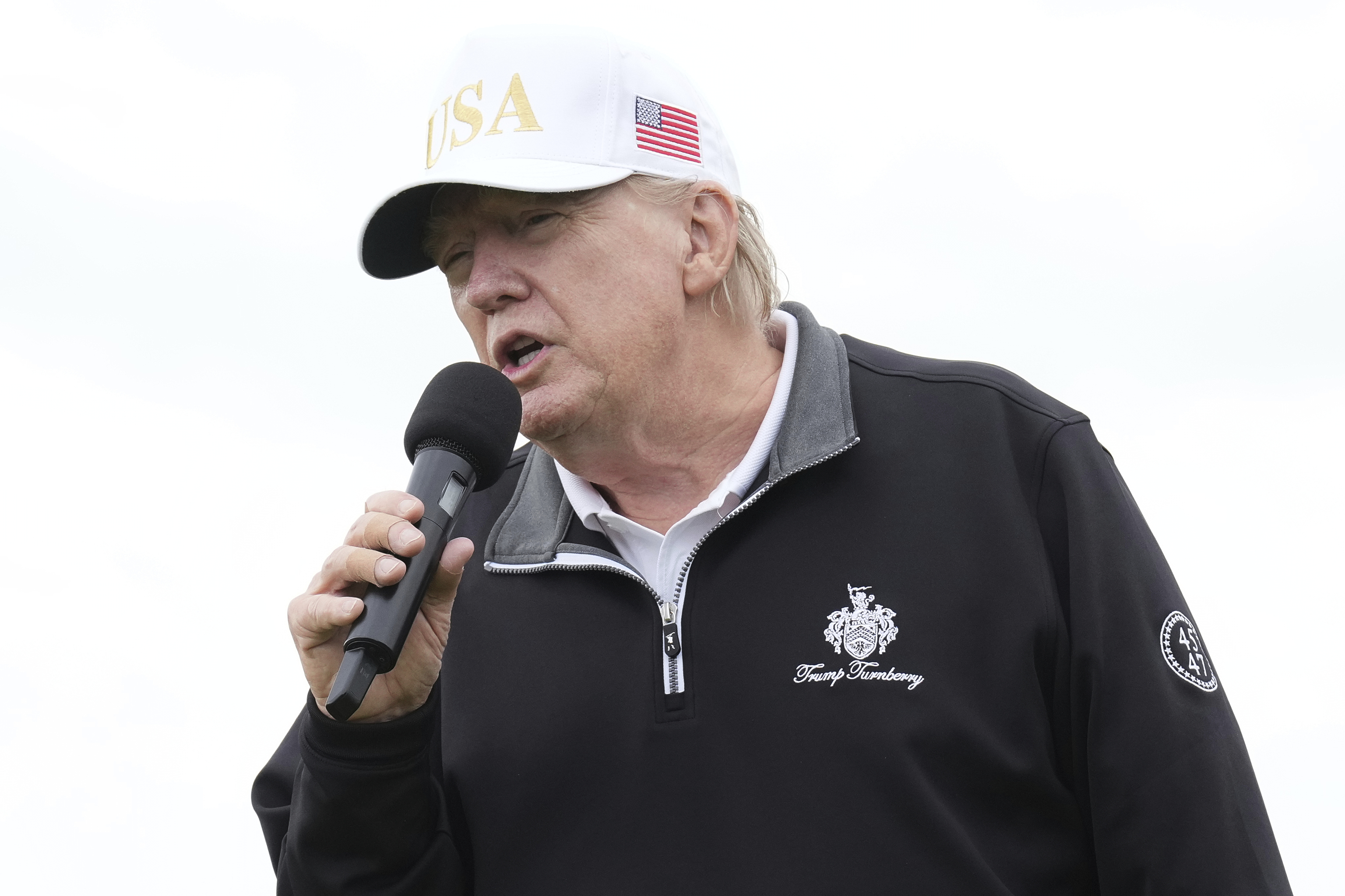Although the United States does not maintain formal diplomatic relations with Taiwan, occasionally, to provoke China, it allows Taiwanese leaders to make a brief stopover in a U.S. state before continuing their journey to one of the few small countries in the Americas that recognize the island's sovereignty.
This happened in April 2023 when the then Taiwanese leader, Tsai Ing-wen, set foot in California to briefly meet with Kevin McCarthy, who was the House Speaker. A few months later, the then Vice President of Taiwan, Lai Ching-te, made a short stopover in New York before heading to Paraguay to attend the inauguration ceremony of Santiago Peña. Both stopovers did not sit well with China, which responded by sending its warplanes and warships around the self-governing island it considers a separatist province.
Lai, now the President of Taiwan, had planned to make an official trip to Latin America in August. The initial plan was to stop in New York on the way to Paraguay, Guatemala, and Belize, three of the 12 countries that recognize Taiwanese sovereignty. But it seems that this trip has now been suspended because the Trump Administration has blocked Lai's intention to set foot on U.S. soil again, a gesture that would anger Beijing. At this moment, Washington is not interested in dealing with another tantrum from the Asian superpower.
The Financial Times reported on Monday that Trump had ordered the Taiwanese leader to be prevented from landing on U.S. soil after Chinese diplomats raised their complaints to Washington about this stopover. Reuters, on the other hand, specified that the trip had been postponed for now, but not canceled.
After much of the international press echoed the news, Taipei came out to deny that Lai had any impediment to visit the United States. The official statement on the island is that, due to the typhoon that hit Taiwan this month and as the country is recovering from the disaster (which resulted in two deaths and hundreds of damaged homes), the president will not leave home and does not have any upcoming foreign trips planned. "There has been no postponement, cancellation, or denial of permission for transit by the United States", a Taiwanese spokesperson stated.
Taipei officials also argue that now is not the best time for that summer stopover in New York because they are in the midst of negotiations to reach a trade agreement with the Trump Administration. However, the truth is that Washington is not interested in having the spotlight on Lai's trip while immersed in much more important tariff negotiations with Beijing.
At the time the news of the Taiwanese leader's trip cancellation came out, U.S. and China trade negotiators were in Sweden discussing a 90-day extension to the trade war truce they reached last month.
Rumors have also surfaced that the world's two largest economies are looking for their leaders to find time for what would be the first face-to-face meeting between Chinese President Xi Jinping and Trump since the Republican's return to the White House. This could happen at the Asia-Pacific Economic Cooperation summit, scheduled for late October in South Korea.
Despite not recognizing Taiwan as an independent state and adhering to the "One China" policy, the United States has continued to be the island's main international sponsor and its major arms supplier. Unlike the previous Biden Administration, President Trump has not openly stated yet whether he would defend Taipei in the event of a Chinese attack.
In addition to the United States, the Taiwanese government has managed to maintain good relations with major Western democracies, which support its status quo but are hesitant to take further steps - such as official diplomatic recognition - for fear of angering Beijing too much. Therefore, for many Taiwanese, visits by their leader to allies that do recognize their sovereignty are very important. However, there are also many citizens who do not support the significant investments in infrastructure projects that their government is making in countries that are insignificant in the geopolitical landscape and that few can locate on the map, such as Marshall Islands or Saint Kitts and Nevis.
